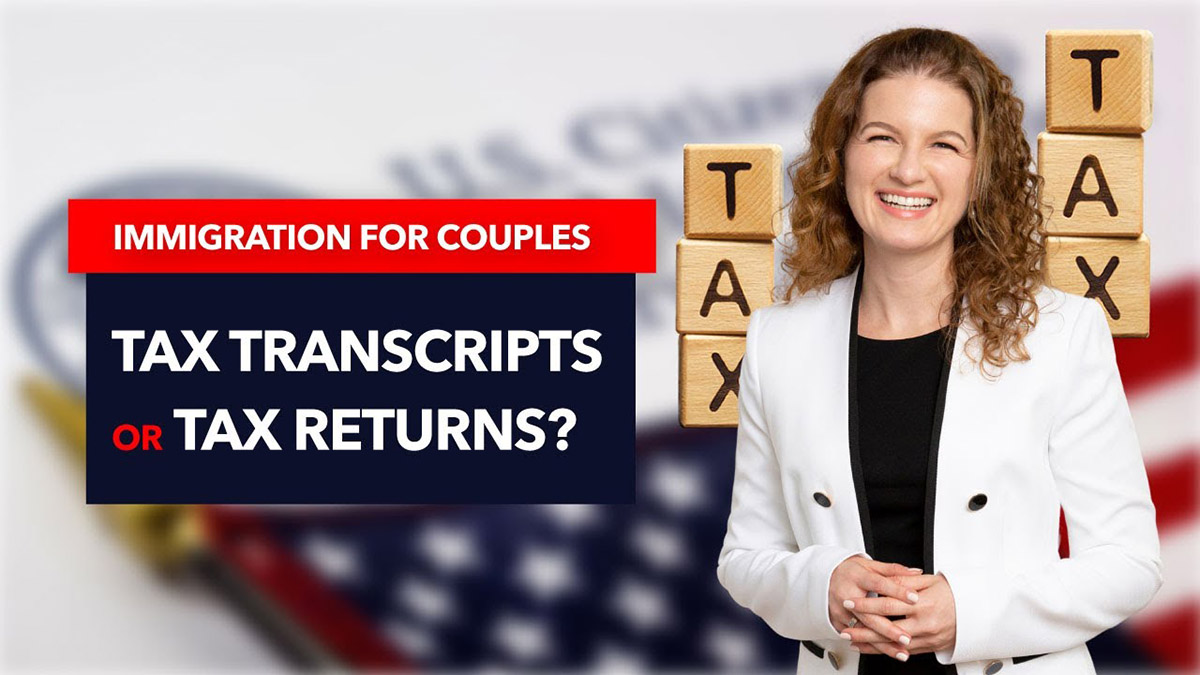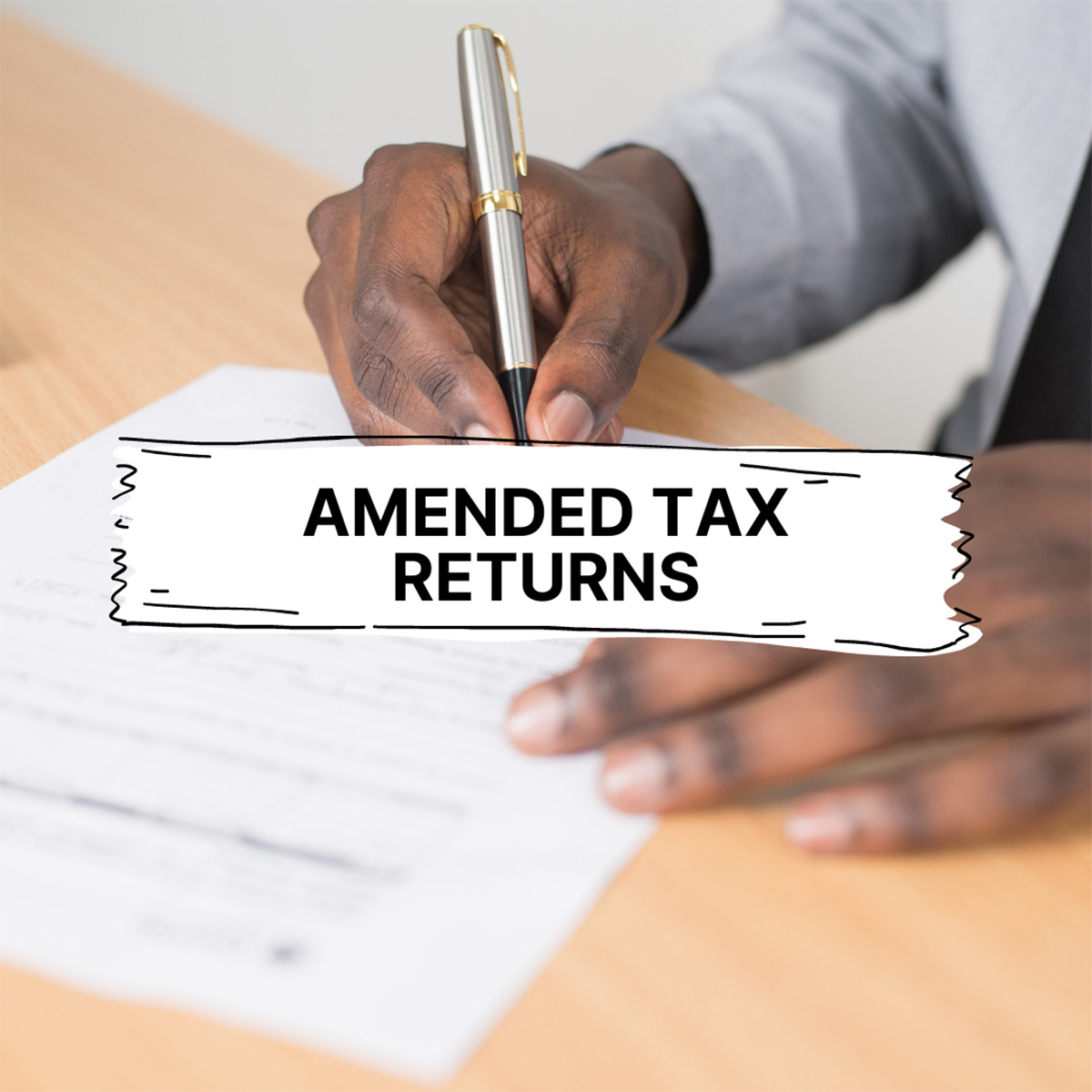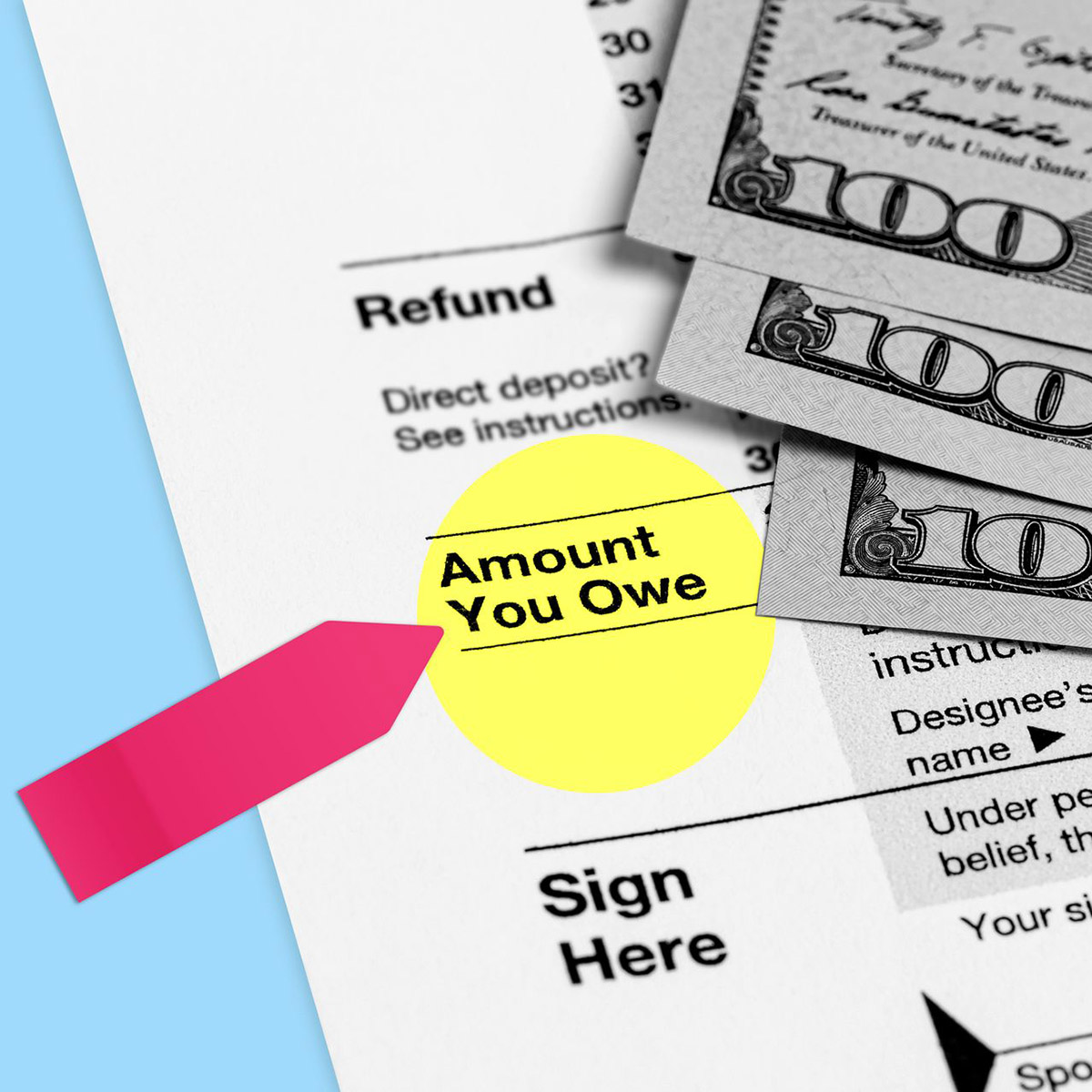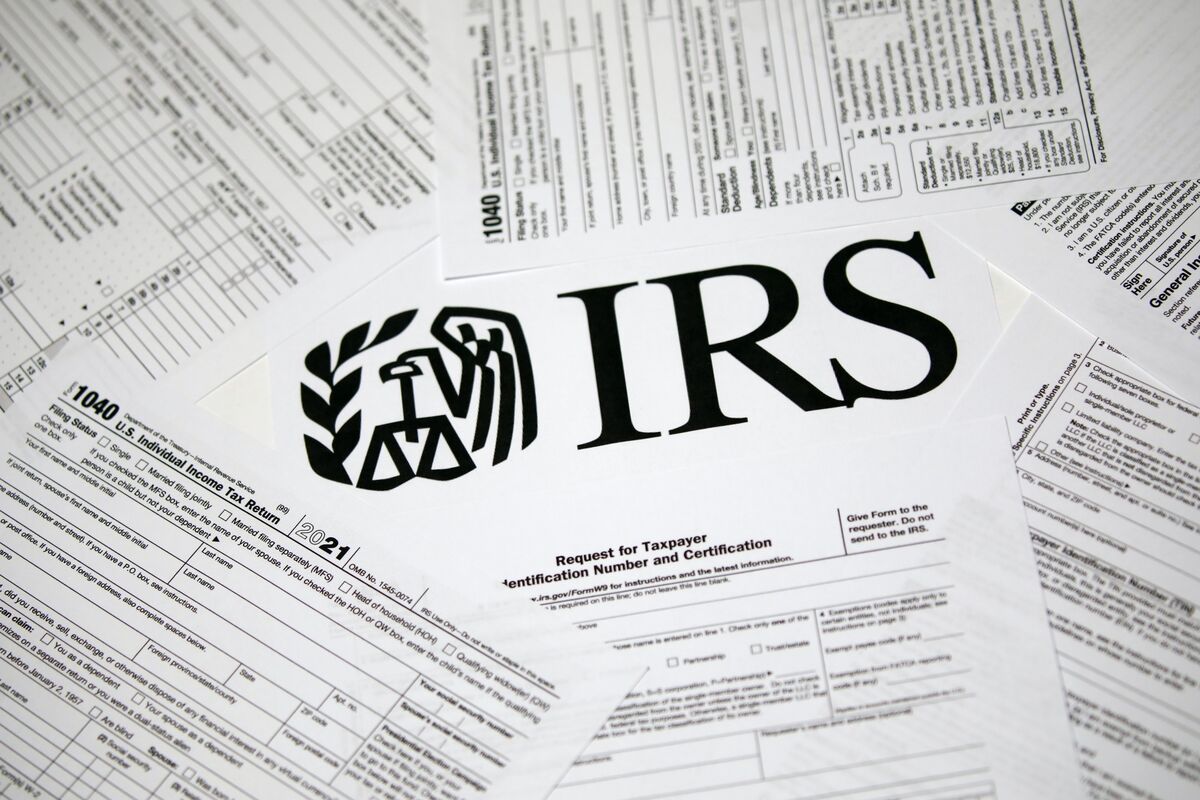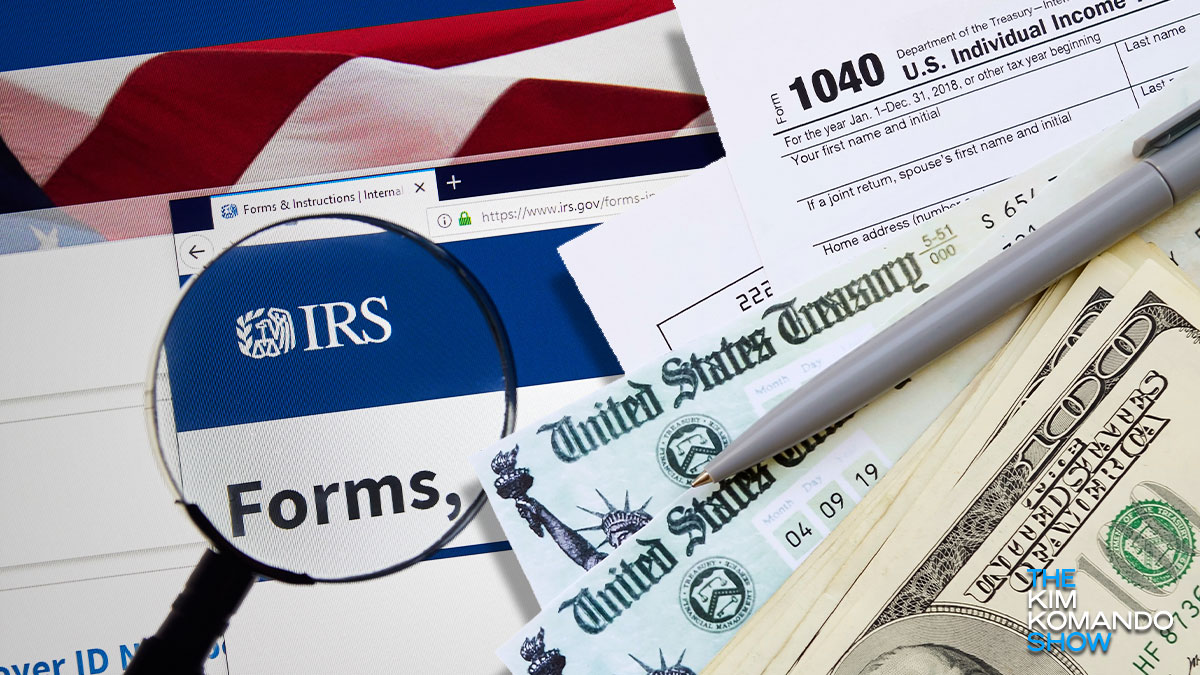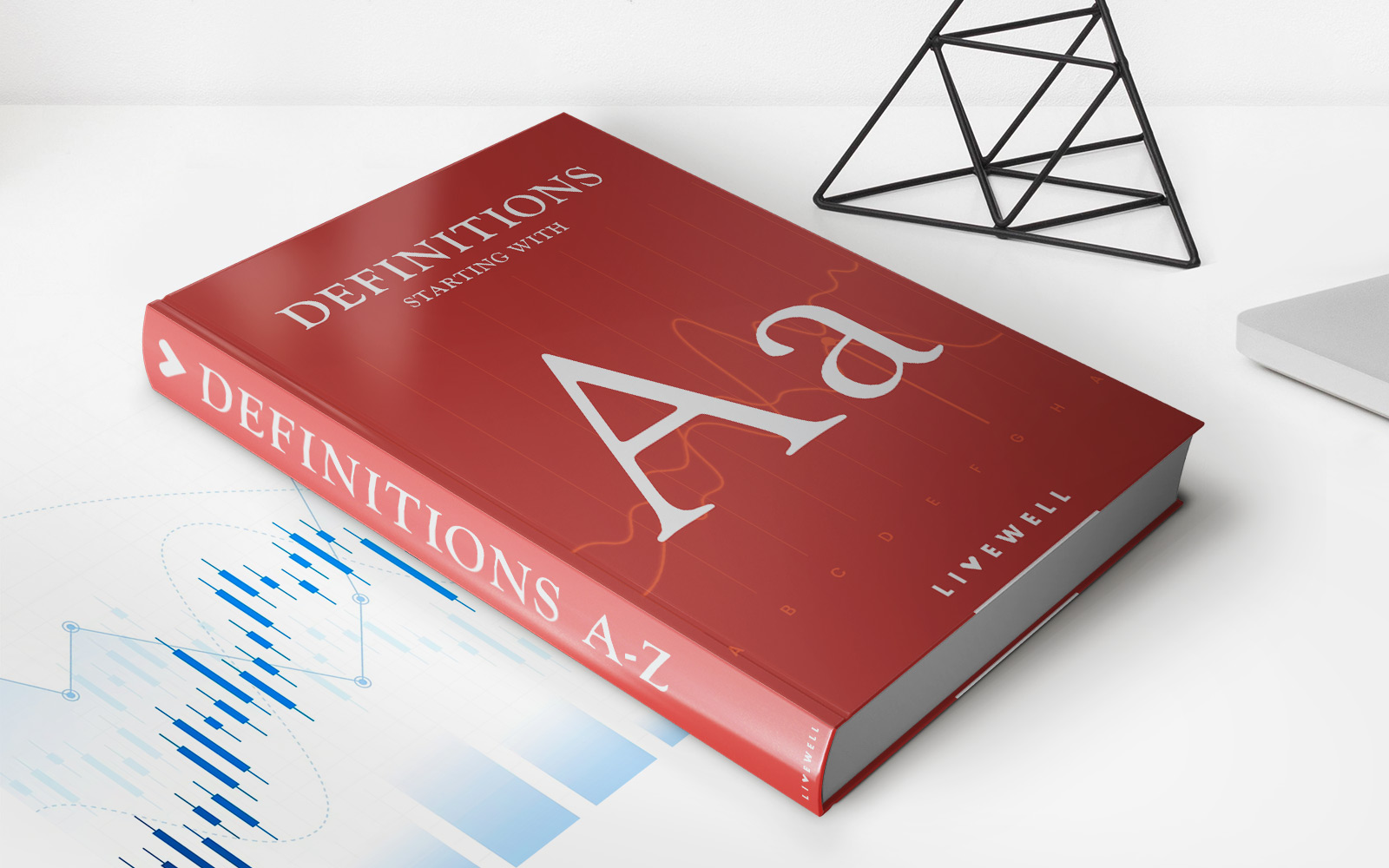

Finance
What Is SSTB On A Tax Return?
Published: October 29, 2023
Learn what SSTB means on a tax return and how it affects your finances. Discover the implications of this finance-related acronym and maximize your tax benefits.
(Many of the links in this article redirect to a specific reviewed product. Your purchase of these products through affiliate links helps to generate commission for LiveWell, at no extra cost. Learn more)
Table of Contents
Introduction
When it comes to filing taxes, understanding the various terms and acronyms can be overwhelming. One such term that you may come across is “SSTB,” which stands for Specified Service Trade or Business. SSTB refers to a particular type of business activity that has its own set of rules and regulations for tax purposes.
The concept of SSTB was introduced as part of the Tax Cuts and Jobs Act (TCJA) passed in 2017. Its objective was to differentiate certain professional services from other types of businesses for tax deduction purposes. The aim was to prevent high-income individuals from using certain tax benefits available to other businesses and to level the playing field.
To better understand SSTB and its implications, it’s crucial to delve into its definition, qualification criteria, common types, deductions and limitations, reporting on tax returns, record-keeping requirements, and potential auditing and penalties. By gaining insight into these aspects, you’ll be better equipped to navigate the complexities of SSTB and optimize your tax strategies accordingly.
Definition of SSTB
A Specified Service Trade or Business (SSTB) refers to a specific type of business activity that is categorized as a service-based profession. According to the Internal Revenue Code (IRC), an SSTB is defined as any trade or business involving the performance of services in the fields of health, law, accounting, actuarial science, performing arts, consulting, athletics, financial services, brokerage services, or any trade or business where the principal asset is the reputation or skill of one or more of its employees or owners.
In simpler terms, an SSTB includes professions that primarily rely on providing services rather than tangible goods. These professions typically require specialized skills, knowledge, or expertise. It is important to note that not all service-based businesses are considered SSTBs. Only those falling under the specified fields specified by the IRS are categorized as such.
The IRS has provided guidelines to determine if a business falls under the SSTB category. If your business operates in one of the specified fields, it is highly likely that it will fall under the SSTB classification. However, it’s best to consult with a tax professional or refer to the official IRS guidelines to confirm whether your business qualifies as an SSTB.
Qualification Criteria for SSTB
In order for a business to be classified as an SSTB, it must meet certain criteria as outlined by the IRS. The primary qualifying factor is the nature of the services provided by the business. The IRS has designated specific fields in which businesses must operate to be considered an SSTB. These include healthcare, law, accounting, actuarial science, performing arts, consulting, athletics, financial services, brokerage services, and businesses that rely on the reputation or skill of their employees or owners.
However, it’s important to note that not all activities within these fields automatically classify as SSTBs. The IRS further provides a distinction between “performing services” and “selling products.” For example, a healthcare clinic providing medical services would be considered an SSTB, but a pharmacy selling prescription medications would not.
Moreover, the IRS also considers the involvement of the business owner or employees’ skill and reputation in determining the qualification as an SSTB. If the business primarily relies on the personal skill and reputation of its employees or owners, it is more likely to be classified as an SSTB. This is a crucial factor, as it prevents high-income individuals from using their personal reputation to qualify for certain tax benefits that are available to non-service-based businesses.
It is essential for business owners to carefully evaluate their operations and services to determine if they meet the qualification criteria for an SSTB. This evaluation can have significant implications for tax planning and deductions, as SSTBs have different rules and limitations compared to other businesses. Consulting with a tax professional who specializes in SSTB classifications is highly recommended to ensure accurate understanding and adherence to the IRS guidelines.
Common Types of SSTBs
While the list of fields classified as SSTBs by the IRS is extensive, there are certain industries that commonly fall into this category. Understanding these common types of SSTBs can help business owners identify if their industry aligns with the IRS classification. It is important to note that these examples are not exhaustive, and there may be other professions that also fall under the SSTB designation.
1. Healthcare:
The healthcare industry includes professions such as doctors, dentists, surgeons, psychologists, physical therapists, chiropractors, and other medical practitioners. It also encompasses medical consulting services and medical research facilities that primarily provide services rather than manufacturing or selling medical products.
2. Legal Services:
Lawyers, attorneys, and legal consultants offering legal advice and representation typically fall into the SSTB category. This includes firms specializing in various fields such as corporate law, criminal law, family law, intellectual property law, and more.
3. Accounting:
Accountants, bookkeepers, and tax consultants providing financial and accounting services are considered SSTBs. This includes firms offering auditing, tax preparation, financial planning, and similar services.
4. Consulting:
Consulting firms offering personalized advice and solutions in various fields such as management, HR, IT, marketing, and strategy fall under the SSTB classification. This includes individual consultants as well as consulting agencies.
5. Financial Services:
Financial advisors, investment managers, stockbrokers, wealth managers, and other professionals offering financial services to clients are typically considered SSTBs. This includes firms involved in asset management, financial planning, investment advisory, and similar services.
Understanding the common types of SSTBs can help businesses in these industries navigate the specific tax rules and deductions applicable to them. It is important for business owners in these fields to stay updated with the latest IRS guidelines to ensure accurate reporting and compliance with tax regulations. Consulting with a tax professional can provide valuable insights and guidance specific to the individual business’s needs and circumstances.
Deductions and Limitations for SSTBs
While SSTBs play a crucial role in the economy, they are subject to certain limitations and restrictions when it comes to tax deductions. The IRS has imposed restrictions to prevent high-income individuals from taking advantage of certain tax benefits. It is important for businesses classified as SSTBs to be aware of these limitations to effectively plan their tax strategies. Here are some key deductions and limitations that apply to SSTBs:
Qualified Business Income Deduction:
One of the major tax benefits for businesses is the Qualified Business Income (QBI) deduction. However, SSTBs face limitations when it comes to this deduction. For taxpayers with taxable income exceeding a certain threshold, the QBI deduction for SSTBs is phased out, eventually reducing the deduction to zero. The phase-out thresholds are different for individuals and married couples filing jointly, and they are subject to adjustment each year.
W-2 Wage Limitation:
Another limitation for SSTBs is the W-2 wage limitation. This limitation applies to businesses that have taxable income above a certain threshold. The deduction for an SSTB is limited to either 50% of the W-2 wages paid by the business or 25% of the W-2 wages paid plus 2.5% of the unadjusted basis of qualified property owned by the business, whichever is greater. This limitation is intended to benefit businesses that have significant investments in employees and assets.
Excess Business Loss Limitation:
SSTBs are also subject to the excess business loss limitation. This limitation applies to both individual and pass-through entity taxpayers and restricts the amount of losses that can be deducted against non-business income. In general, an SSTB owner’s losses from the business are limited to $500,000 for married taxpayers filing jointly and $250,000 for individual taxpayers or married taxpayers filing separately. Any excess losses are carried forward to future tax years.
Depreciation Limitations:
SSTBs are subject to certain depreciation limitations for property used in their business. The Tax Cuts and Jobs Act introduced changes to depreciation rules, such as bonus depreciation and limitations on luxury vehicles, which can affect the amount of depreciation deductions that SSTBs can claim.
These deductions and limitations are just a few examples of the tax regulations that apply specifically to SSTBs. It is crucial for business owners in these fields to consult with a tax professional who can provide tailored guidance and help navigate through the complexities of tax planning and compliance.
Reporting SSTB Income on Tax Returns
Properly reporting income from a Specified Service Trade or Business (SSTB) on tax returns is crucial for maintaining compliance with the IRS regulations. SSTB income should be accurately reported to ensure the correct calculation of taxes owed and eligibility for applicable deductions. Here are some key points to consider when reporting SSTB income:
Form Selection:
The selection of the appropriate tax form is pivotal for reporting SSTB income. Most individuals operating as SSTBs will use Schedule C, which is used to report income and expenses from a sole proprietorship. However, if the business is structured as a partnership or S corporation, the relevant tax forms (Form 1065 or Form 1120-S) should be used to report the income at the entity level, and the respective Schedule K-1 forms should be provided to each owner.
Accuracy of Income Figures:
It is vital to accurately report all income earned from the SSTB. This includes revenue from services provided, as well as any other income sources, such as rental income or interest income generated by the business. Thorough record-keeping and the use of accounting software can help ensure that all income figures are properly documented and reported on tax returns.
Deductions and Expenses:
Business deductions and expenses related to the SSTB should be carefully identified and reported on the applicable tax form. This includes deductions for business-related expenses such as rent, utilities, advertising, professional services, and employee wages. It is important to ensure that all deductible expenses are properly categorized and supported by appropriate documentation.
Qualified Business Income (QBI) Deduction:
For eligible SSTBs, the Qualified Business Income (QBI) deduction may be available. This deduction is calculated based on a percentage of qualified business income and can significantly reduce the overall tax liability. It is important to follow the specific guidelines provided by the IRS to determine if the business qualifies for the QBI deduction and to accurately calculate the deduction amount.
Consulting with a Tax Professional:
Given the complexity of reporting SSTB income and the potential tax implications, consulting with a tax professional experienced in handling SSTB tax matters is highly recommended. A tax professional specialized in SSTBs can provide personalized guidance on reporting requirements, deductions, and any limitations specific to the industry, ensuring compliance with IRS regulations and optimizing tax strategies.
By accurately reporting SSTB income and consulting with tax professionals, business owners can navigate the complexities of tax reporting and maximize deductions within the boundaries of the law, reducing the risk of audits and penalties while optimizing their tax obligations.
Record-Keeping Requirements for SSTBs
Maintaining organized and accurate records is essential for businesses, including those classified as Specified Service Trade or Business (SSTBs). Proper record-keeping not only helps businesses stay compliant with IRS regulations but also ensures accurate reporting of income and deductions. Here are key record-keeping requirements for SSTBs:
Income Documentation:
It is crucial to keep thorough records of all income received by the SSTB. This includes invoices, receipts, bank statements, and any other documents that provide evidence of the income generated by the business. Properly documenting income is essential for accurately reporting it on tax returns and justifying any related deductions or exceptions.
Expense Documentation:
Maintaining detailed records of business expenses is critical for SSTBs. This includes receipts, invoices, canceled checks, and any other supporting documents for all business-related expenses. Proper categorization of expenses and documentation of their business purpose is essential for claiming deductions and ensuring compliance with IRS regulations.
Employee and Contractor Records:
For SSTBs that have employees or utilize the services of independent contractors, proper record-keeping of employment-related documentation is necessary. This includes records of wages paid, benefits provided, Form W-2 or Form 1099 filings, and any other legally required employment documentation. These records are vital for accurate reporting of wages and for compliance with employment tax regulations.
Asset Documentation:
Maintaining records of assets owned and used by the SSTB is crucial for depreciation purposes and potential capital gains or losses. This includes records of property purchases, lease agreements, loan documents, and any other documentation related to the acquisition and use of business assets.
Tax Returns and Supporting Documents:
Keeping copies of tax returns, along with the supporting documents used to prepare them, is essential for SSTBs. This includes copies of filed tax returns, schedules, and any corresponding documentation such as receipts, invoices, and financial statements. These records are necessary for any future audits or inquiries by the IRS.
Retention Periods:
It is important to retain all records pertaining to the SSTB for the appropriate duration as prescribed by the IRS. Generally, business records should be kept for at least three years from the time the tax return was filed or the due date of the return, whichever is later. However, in certain cases, such as situations involving fraud or omitted income, records should be retained for a longer period.
Adhering to these record-keeping requirements is not only a regulatory obligation but also a prudent practice that helps SSTBs maintain accurate financial records, make informed business decisions, and minimize the risk of penalties or disputes in the future. Consulting with a tax professional can provide further guidance on specific record-keeping requirements and best practices for SSTBs.
Auditing and Penalties for SSTBs
Like any other business, Specified Service Trade or Business (SSTB) entities are subject to potential audits by the Internal Revenue Service (IRS). An audit is an examination of a business’s financial records to ensure compliance with tax laws and regulations. SSTBs must remain vigilant in their adherence to tax rules to minimize the risk of audits and associated penalties. Here are some key points to understand about audits and potential penalties for SSTBs:
Selection for Audit:
The selection process for audits is generally based on various criteria, including the business’s income level, the presence of red flags on the tax return, and industry-specific risk factors. While the selection of businesses for auditing is often random, SSTBs may face a higher likelihood of audit due to the potential for complex tax planning and the application of specialized tax rules.
Audit Process:
If selected for an audit, the SSTB will receive a notice from the IRS informing them of the examination. The auditor will review the financial records, tax returns, and supporting documents to verify the accuracy of reported income, deductions, and compliance with applicable tax regulations. The process may involve requests for additional documentation and interviews with business owners or representatives.
Penalties for Non-Compliance:
Failure to comply with tax laws can result in penalties and fines for SSTBs. Common penalties include failure to file penalties, failure to pay penalties, accuracy-related penalties, and fraudulent filing penalties. These penalties can vary in severity depending on the nature and extent of the non-compliance. In addition to financial penalties, non-compliant businesses may also face reputational damage and further scrutiny from regulatory authorities.
Reasonable Cause Defense:
In certain situations, SSTBs may be able to avoid or reduce penalties by establishing “reasonable cause” for non-compliance. Reasonable cause is a valid explanation for the failure to comply with tax laws, such as reliance on incorrect advice from a tax professional or the occurrence of unforeseen circumstances beyond the business’s control. Providing adequate documentation and evidence to support the reasonable cause defense is essential in mitigating penalties.
Proactively minimizing the risk of audits and penalties starts with accurate and complete record-keeping, adherence to tax regulations, and seeking professional advice when necessary. By ensuring accurate reporting and compliance with tax laws, SSTBs can reduce the likelihood of audits and avoid penalties that may arise from non-compliance.
Conclusion
Understanding the concept of Specified Service Trade or Business (SSTB) is vital for business owners operating in service-based professions. The IRS has introduced SSTB classification to distinguish certain service-based businesses from other types of businesses for tax purposes. By recognizing your business as an SSTB, you can navigate the specific rules, deductions, and limitations that apply to your industry and optimize your tax strategies accordingly.
Throughout this article, we explored the definition of SSTB, the qualification criteria, common types, deductions and limitations, reporting requirements, record-keeping obligations, and potential audits and penalties associated with SSTBs. By familiarizing yourself with these aspects, you can ensure compliance with IRS regulations, accurately report income and deductions, and mitigate the risk of penalties or audits.
Remember, consulting with a tax professional who specializes in SSTBs is highly recommended to address any specific concerns or questions related to your business. They can provide tailored advice and guidance to help you navigate the complexities of tax planning and minimize your tax liability while adhering to the relevant rules and regulations.
By staying informed, maintaining accurate records, and implementing proactive tax strategies, SSTB owners can effectively manage their tax obligations, maximize available deductions, and achieve financial success in their service-based professions. Take the time to understand the nuances of SSTBs and leverage this knowledge to optimize your tax planning efforts for the growth and prosperity of your business.

